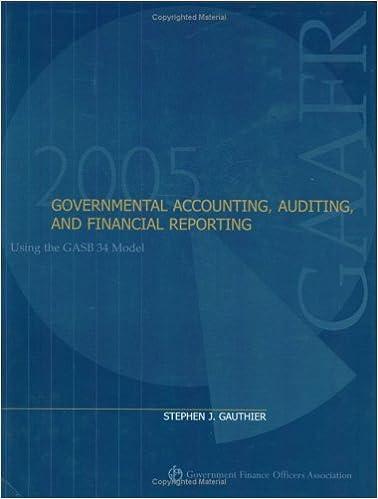Question
The Fast-speed Division owns a fleet of small vans and provides courier services for consumers and SME (small-to-medium size enterprises). Mr TC Tan is the
The Fast-speed Division owns a fleet of small vans and provides courier services for consumers and SME (small-to-medium size enterprises). Mr TC Tan is the manager of the division and he has significant autonomy in decision making regarding investment such as purchasing new vehicles for the operations of the division. His performance measurement is based on the divisions return on investment (ROI) and he is paid an annual bonus linked to it. The ROI is measured as accounting profits (after deducting depreciation calculated on a straight-line basis) divided by net book value of non-current assets at the beginning of the year. The division has a cost of capital of 6% per year and his division has consistently achieved a ROI of 11% per annum in recent years.
Ms Helen Yeo (Chief Financial Officer of the company) is concerned that TC Tan may behave in a dysfunctional manner by adopting a short-term perspective in investment decision making. This can impact the company as a whole in the long-term and will affect the value of the company. She notices that when it comes to any proposed investment in new vehicles, TC Tan attaches much greater significance to the likely impact of the investment on his divisions ROI in the early years of the vehicles lives and much less significance to the impact in later years.
Ms Yeo has provided the following data for a proposed new investment in small vans which is now under the consideration of TC Tan:
Immediate payment for purchasing new vans $150,000
Year 1 cash inflow $45,000
Year 2 cash inflow $58,000
Year 3 cash inflow $70,180
Residual value of vans after 3 years zero
After analysing the cash flow data, it is expected that the proposed new investment in small vans has an internal rate of return (IRR) of 7% per annum.
Required:
- Critically assess whether TC Tan is likely to make the proposed new investment in small vans. Whether his decision is consistent with the aim of maximising the companys value. You need to provide a detailed justification of your reasoning and support it by appropriate calculations.
(26 marks)
- Ms Helen Yeo may want to change the way in which ROI is calculated and especially in the future in which an alternative method of depreciation can be used. It should have the effect of ensuring that the ROI of any investment project would be the same in all years of its life and would be equal to the projects IRR. Hoping that this would increase the likelihood that the manager of the division would make investment decisions consistent with maximizing the companys value.
Evaluate this possible change critically. Calculations are not required in your answer to this part but you should use the example of the proposed new investment in small vans to support your answer.
(14 marks)
- In addition, Ms Helen Yeo is considering a more radical solution to the problem of exercising control over Fast-speed Division. Under the new arrangement, Helen is proposing to the Board of Directors to be given the sole right to accept or reject investment proposals below $200,000 and the manager of the division would be assessed on the basis of net profit rather than ROI.
Discuss the limitations of this proposed control arrangement.
(10 marks)
Step by Step Solution
There are 3 Steps involved in it
Step: 1

Get Instant Access to Expert-Tailored Solutions
See step-by-step solutions with expert insights and AI powered tools for academic success
Step: 2

Step: 3

Ace Your Homework with AI
Get the answers you need in no time with our AI-driven, step-by-step assistance
Get Started


